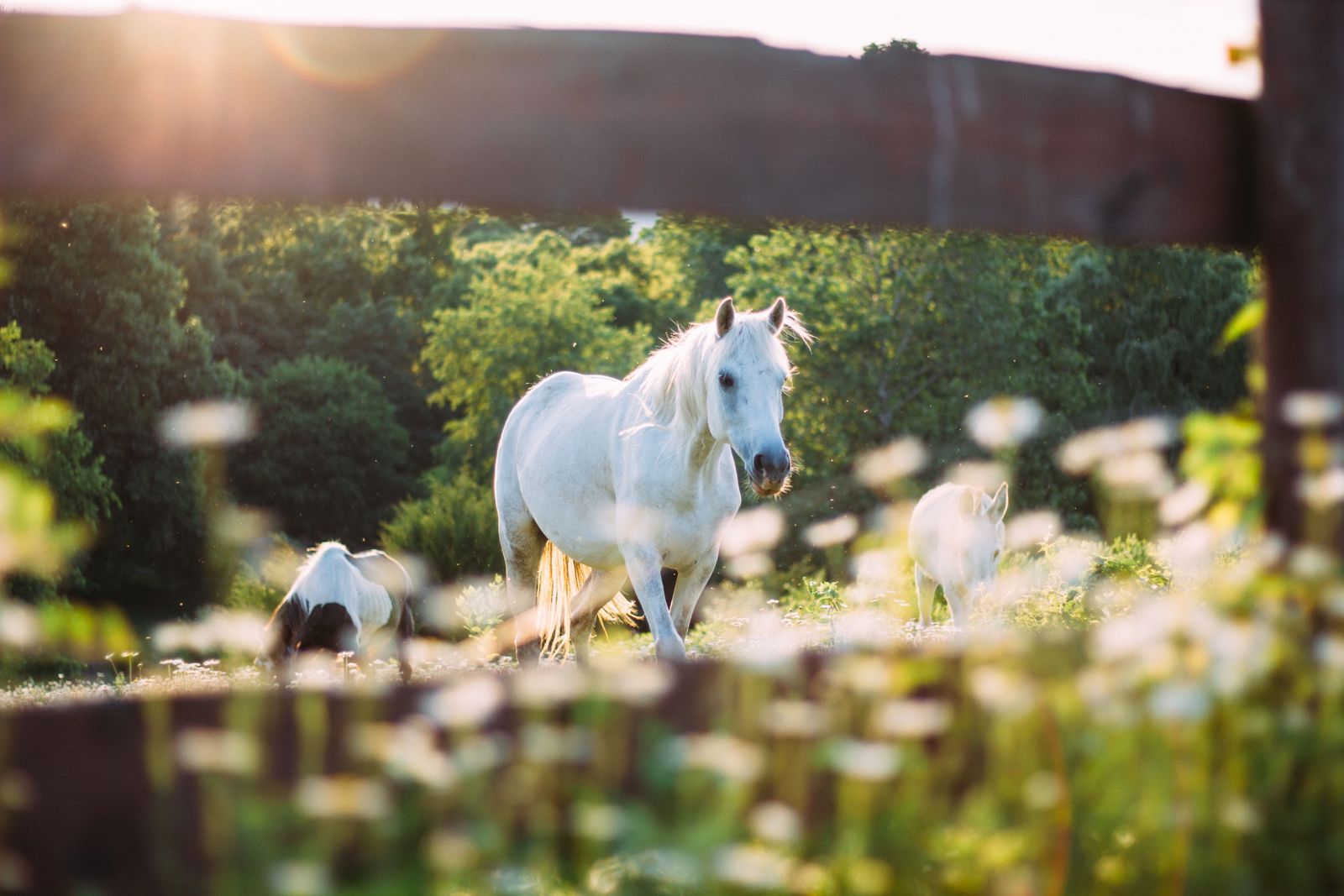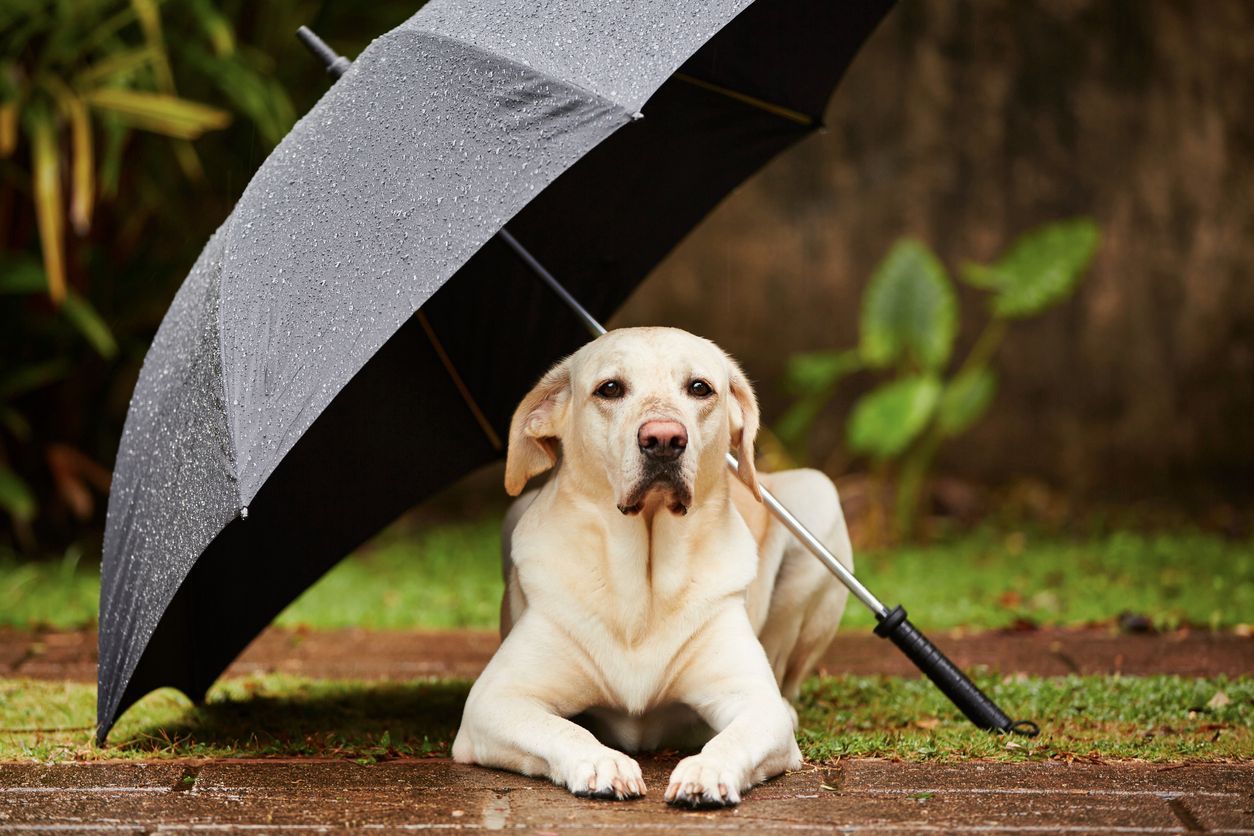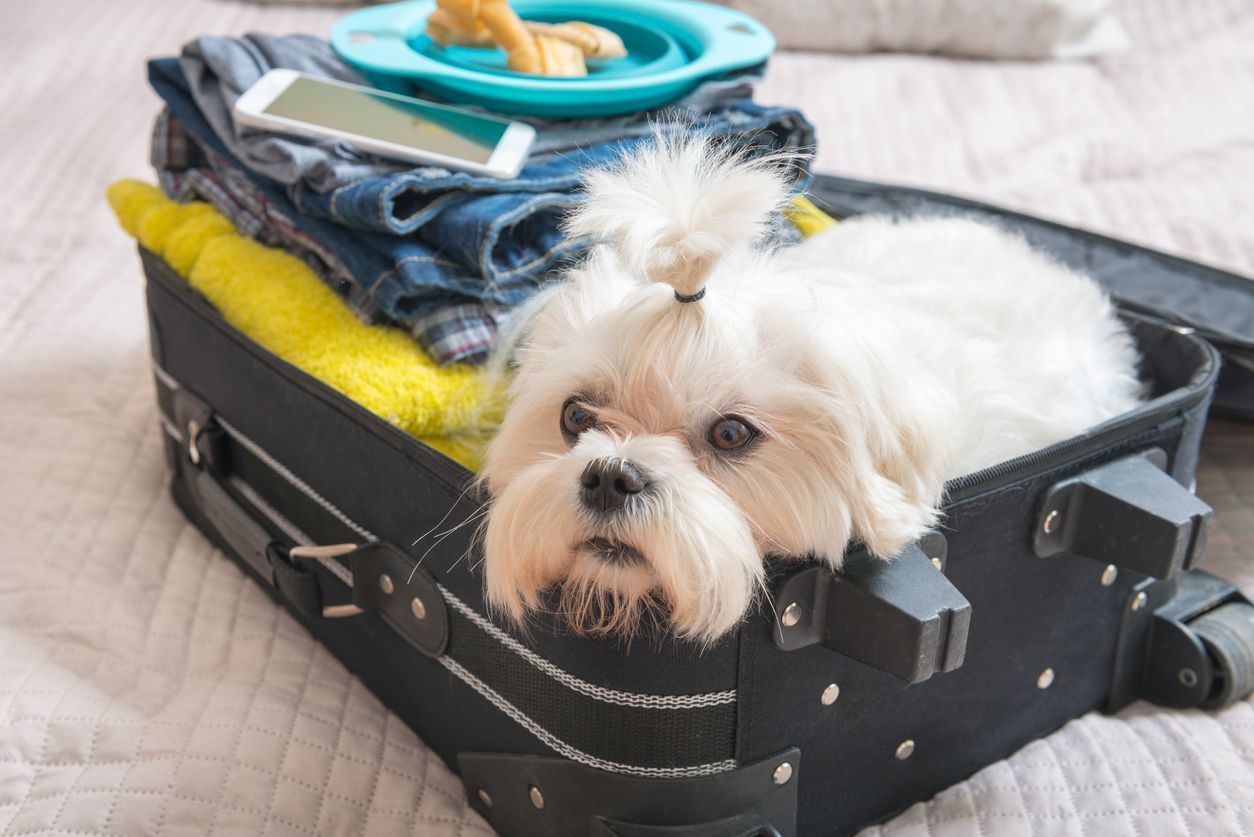How to care for horses in hot weather

Like all domestic animals, our horses need extra care to keep them healthy in hot summer weather. Horses can develop heat stress and heatstroke if they are ridden hard during hot weather and high humidity. High temperatures also put horses at higher risk of dehydration, weight loss, muscle spasms, and colic. Follow these care tips to help prevent heat related problems so you and your horse can enjoy the summer months.
Ways to prevent overheating in horses
There are several easy ways to prevent overheating your horse on hot summer days. Here are the top 10 methods to keep your horse cool:
1 ) Provide adequate airflow in barns and stables. Add fans, being careful to keep cords and appliances away from horses.
2 ) Provide access to clean, cool water at all times.
3 ) Ride during the coolest times of day (morning & evening).
4 ) Provide horses with shade in their pastures and keep them out of the sun during the hottest time of the day.
5 ) Provide adequate access to electrolytes. Keep a mineral block out at all times. Be mindful when adding electrolytes to water that the taste may throw your horse off and end up reducing water intake, so keep plain water available as well.
6 ) Do not leave horses standing or traveling in trailers during hot weather for long periods. Give your horse water and salt before, during, and after the trip. Use cool water to spray horses down, especially when sweating.
7 ) Keep your horse in good physical shape.
8 ) Allow for a longer cooldown after exercise in warmer, humid weather. Be sure to speed cooling by removing tack.
Be aware when overheating is likely
Like many other mammals, horses cool themselves by sweating. When sweat evaporates from the surface of the skin, it takes heat along with it so the body can cool off. Humidity has such a strong impact on how quickly sweat evaporates that the air temperature doesn’t have to be exceptionally high for a horse to start overheating. As a general rule, do not exercise your horse if the sum of the relative humidity (in percent) and the air temperature (in degrees Fahrenheit) is more than 150. During hot and humid weather, horses will sweat profusely, but the heat and humidity in the air slow the process of cooling off. It helps if your horse is acclimated to the heat, but it takes 2-3 weeks for a horse from cool and dry environments to adjust to higher temperatures. Even acclimated horses can still struggle in the heat and develop heat stress. If signs of heat stress aren’t identified and addressed in a timely manner, the body temperature can increase to the point of life-threatening heatstroke.
Heat stress and heat stroke are more likely to occur when a horse is dehydrated. A quick way to test for dehydration is to check the horse’s skin turgor. Pinch up a fold of skin on the neck and gently pull it away from the body, then suddenly release it. Under normal circumstances, the skin tent should rapidly snap back to its normal position. If a horse is dehydrated, the return is delayed.
Signs of overheating
Heat stress
Visible signs of heat stress include heavy sweating, drooping ears, fatigue, and heavy breathing. Heat stress is a precursor to heat stroke. It’s important to take action to cool a horse as soon as early signs of heat stress appear to prevent life-threatening heat stroke.
Heatstroke
Heatstroke occurs when a horse’s body temperature is so high ( over 106℉ /41℃) that tissues and organs may become damaged and start to fail. A horse with heatstroke will show obvious signs of distress and will have difficulty standing up or walking. Muscle tremors are common, as is labored breathing and pale gums. At this stage, the horse’s life is in danger and immediate cooling and veterinary attention are necessary.
Sunburn
Horses with white hair and pink skin, especially around the eyes, are at increased risk for sunburn and skin cancer. The best way to prevent these problems is to keep a horse stabled out of the sun -at least during the middle of the day- and to use fly masks to block sensitive areas on the face. When strategies like these are not an option, plain zinc oxide sunscreens are safe and effective for use on horses. As with any new skin product, test a small area first before starting more widespread use.
Cooling an overheated horse
If, despite your best efforts, your horse does become overheated, stop exercising, pull off all the tack, and wet them down. Use a sponge or hose or wade into water. Time is of the essence so use whatever is available and focus on wetting the neck (over the jugular veins) and on the belly and chest where the legs connect to the body. Get out of the heat or at least into the shade. If you have access to a fan, use it. If your horse doesn’t appear to recover quickly, get medical attention right away.
Myths and folk tales abound with all aspects of horse husbandry, and cooling an overheated horse is no exception. It is not necessary to scrape or strip the water off the horse to help it cool, nor is it critical to avoid getting any water in the ears. Don’t spray a hose directly into the ears, though, and don’t leave wet blankets or towels on your horse because this traps heat.
Other summer care tips:
-
Keep insects at bay by keeping water buckets clean and provide fresh water regularly
-
Trim shaggy, long coats when indicated (especially for horses with Cushing’s disease)
-
Deworm and check stool samples as directed by your veterinarian.
If you are concerned that your horse is struggling with the effects of hot and humid weather, the best plan is to contact a licensed online vet. Vetster can answer any questions about your horse's risk of heat stress, heat stroke, or possible exposure to disease through an online virtual care appointment. These appointments are highly encouraged if any of the symptoms of overheating arise.










